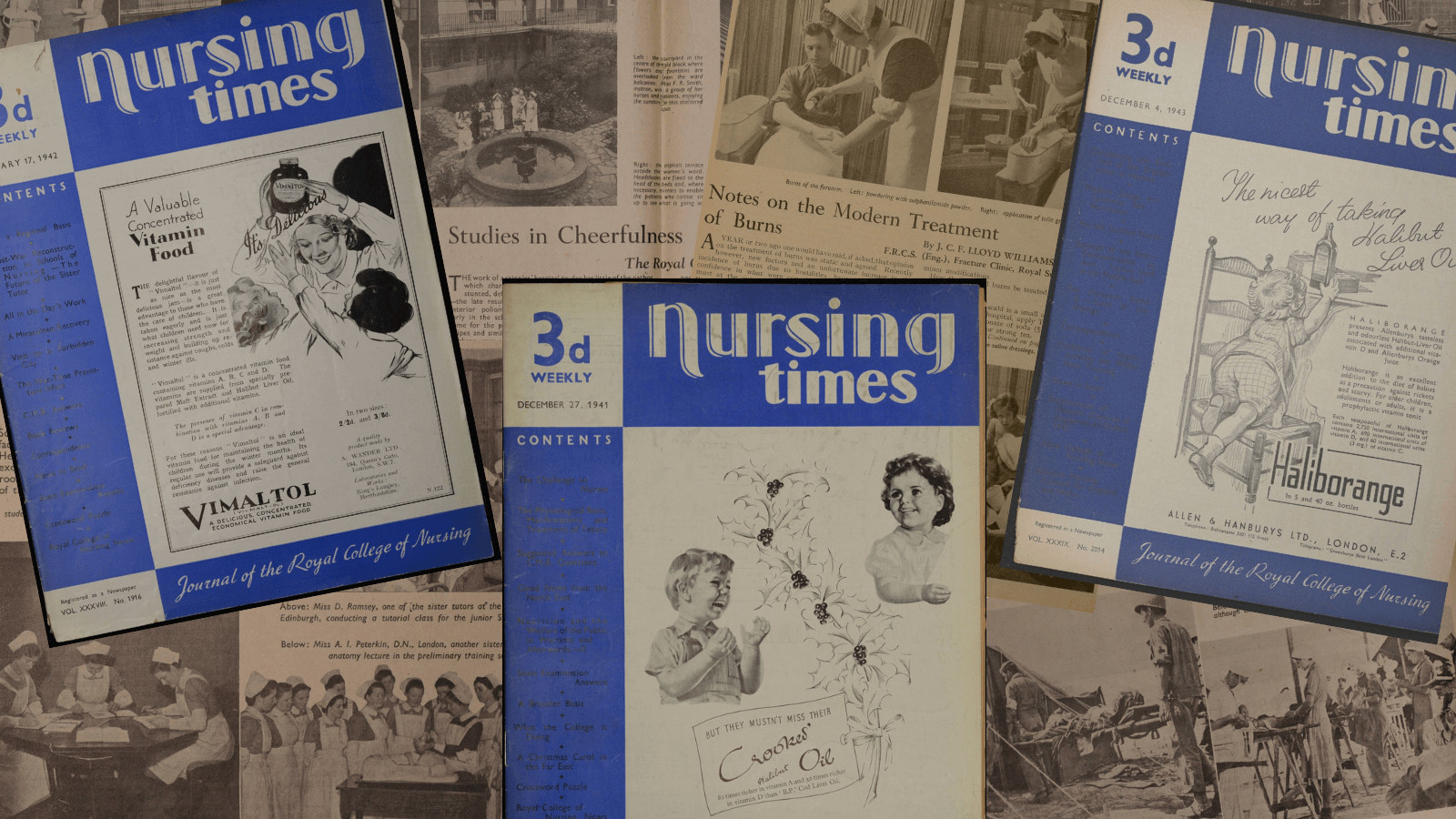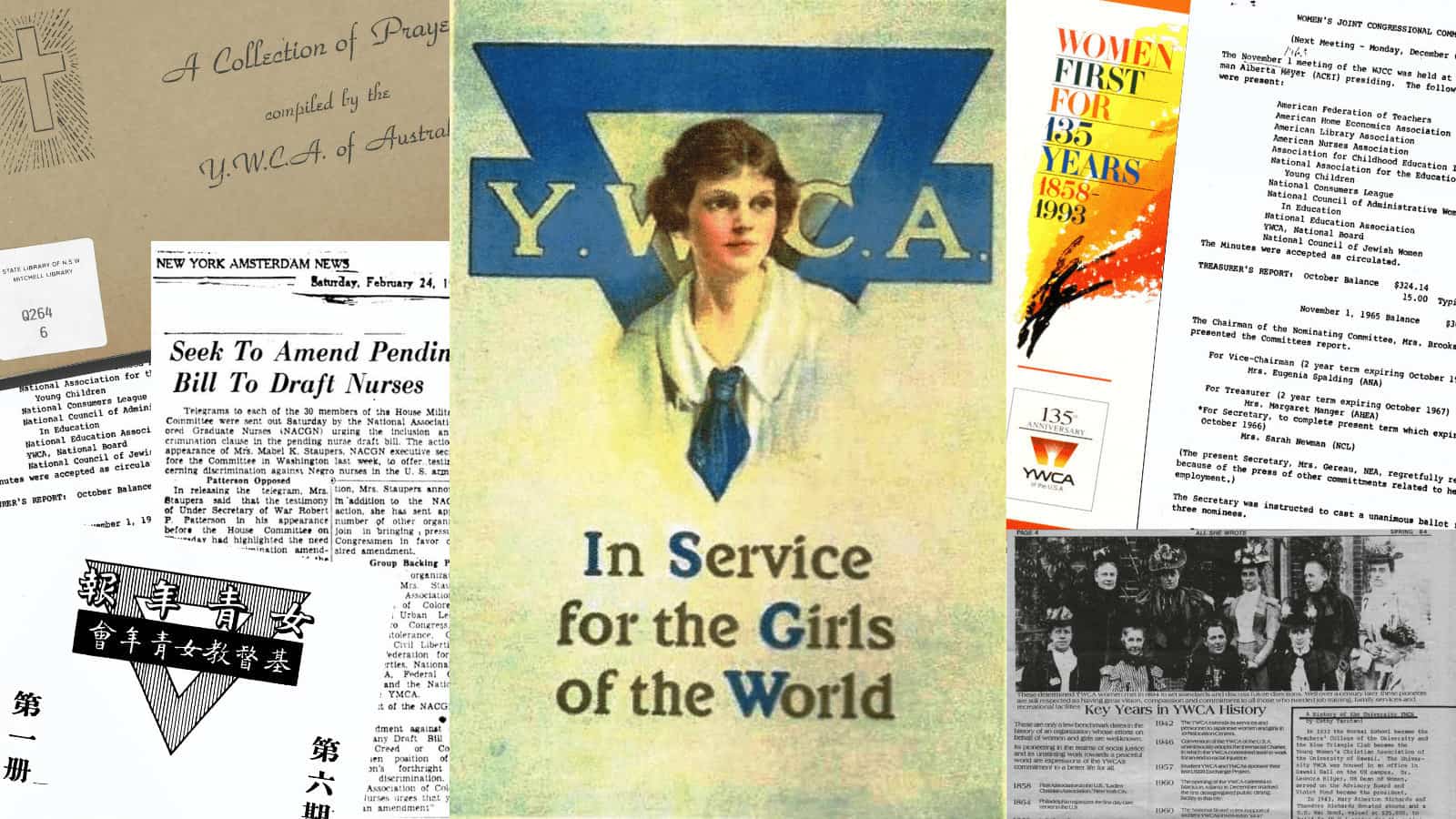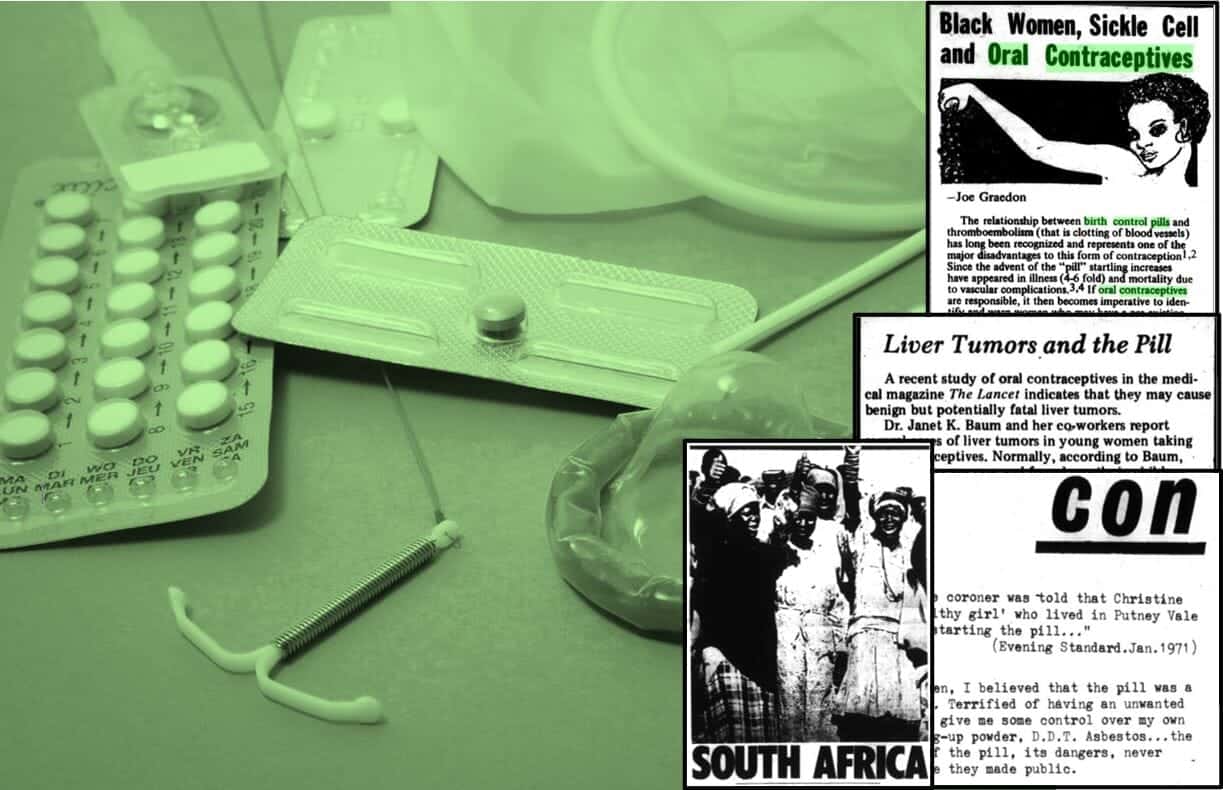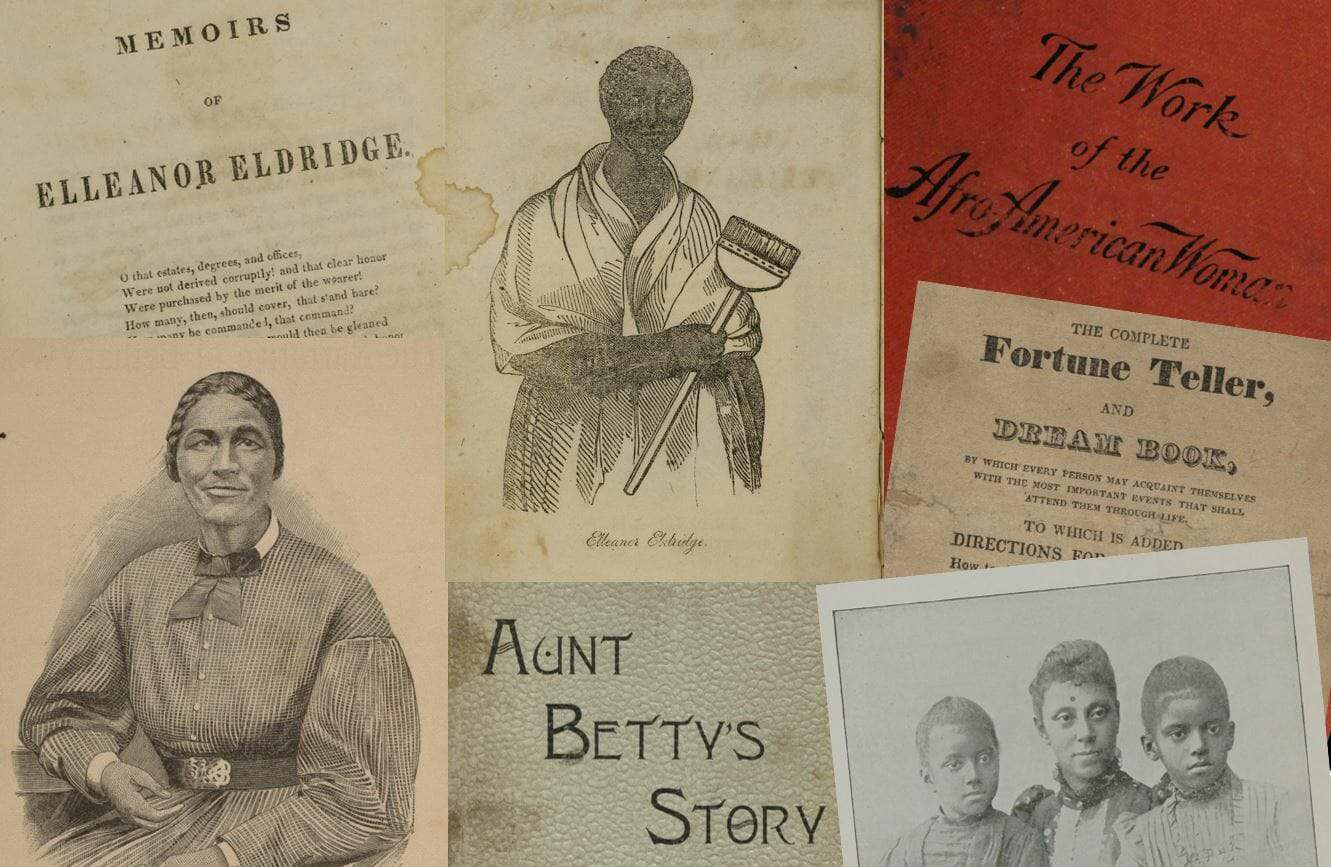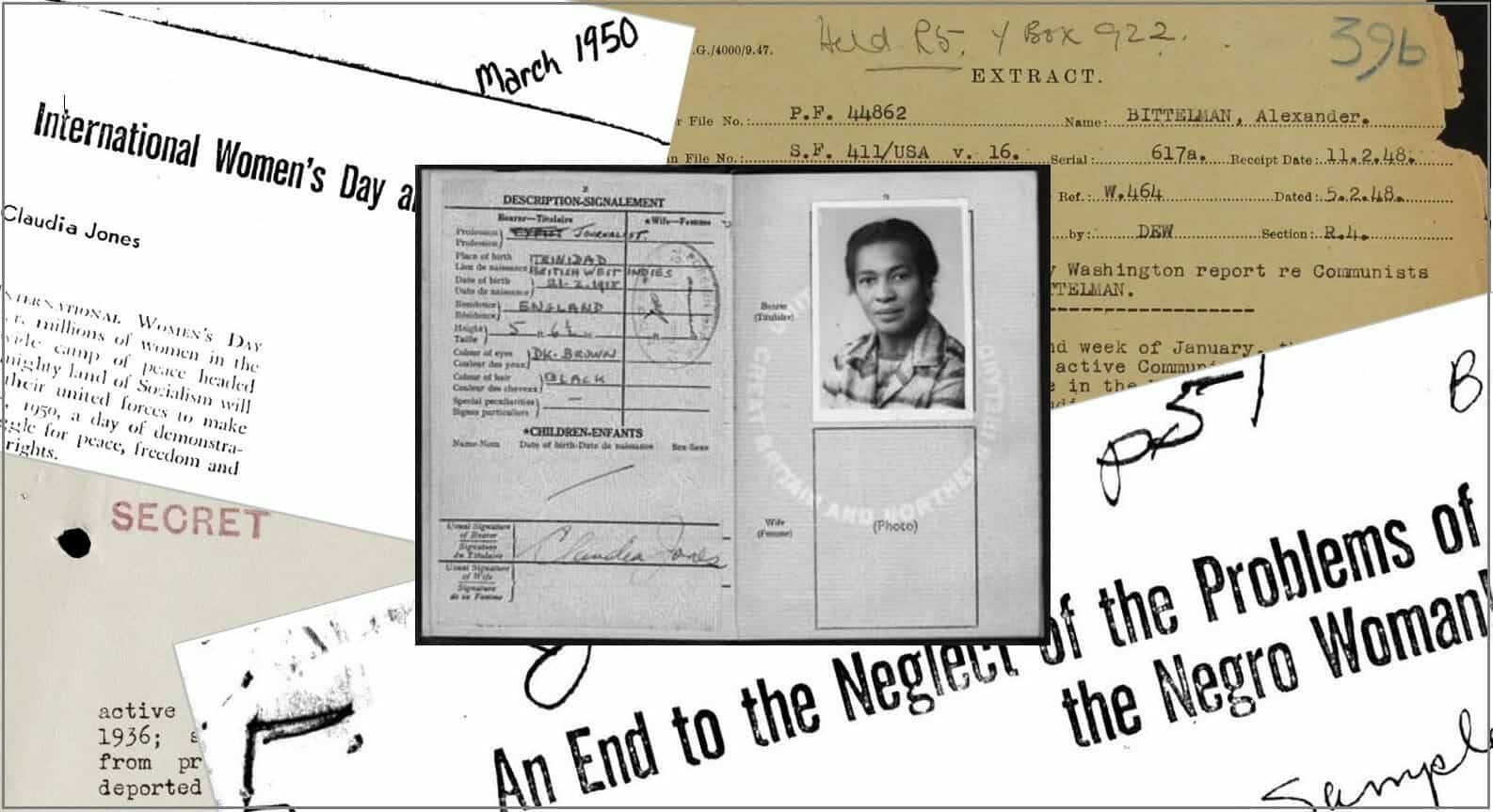In this blog post, Dr Jane Brooks discusses the value of the Historic Nursing Journals – one of the collections included in
Women’s Studies Archive: Female Forerunners Worldwide. The Historic Nursing Journals collection was sourced from the Royal College of Nursing (UK). Dr Brooks also explains how she is using the fascinating primary sources in this archive in her own research.
|Dr Jane Brooks, Senior Lecturer at the University of Manchester (UK)|
The digitisation of Historic Nursing Journals by Gale has created a dynamic and valuable resource for historians of nursing in the UK and beyond. I have been working in the field of nursing history for over twenty years. In 2010, I began researching nursing in the Second World War. I predominantly work with personal testimony such as oral history, letters and diaries. However, as well as these source materials usually located in public archives, I have used multiple types of entries in nursing journals, most frequently Nursing Times. I live in Yorkshire, the Royal College of Nursing headquarters library is in London and the archives are in Edinburgh, so every time I wanted to conduct any research using Nursing Times I had to travel to review the hard copies. If I needed to check a reference, I again had to make a journey or request one of the very busy archive staff check for me.
Read more



